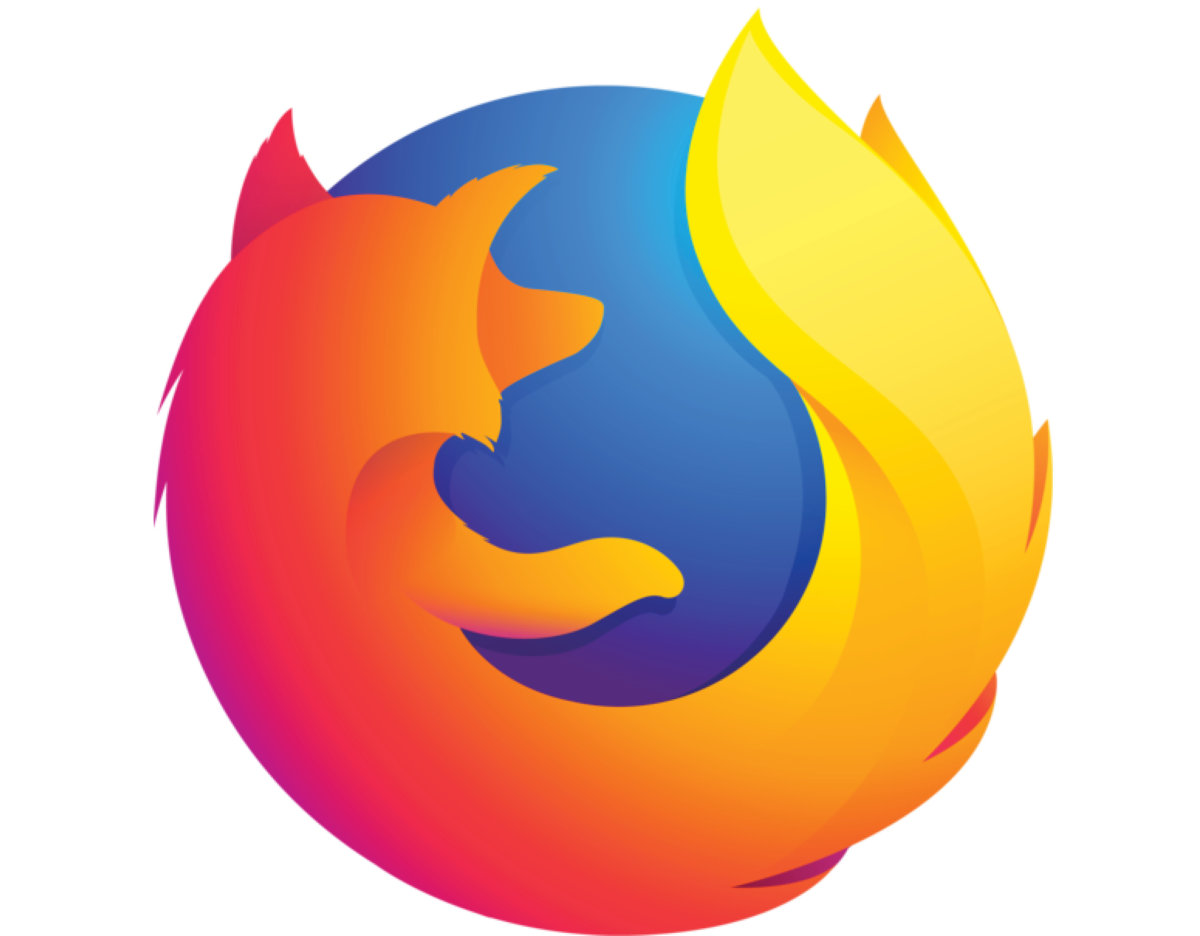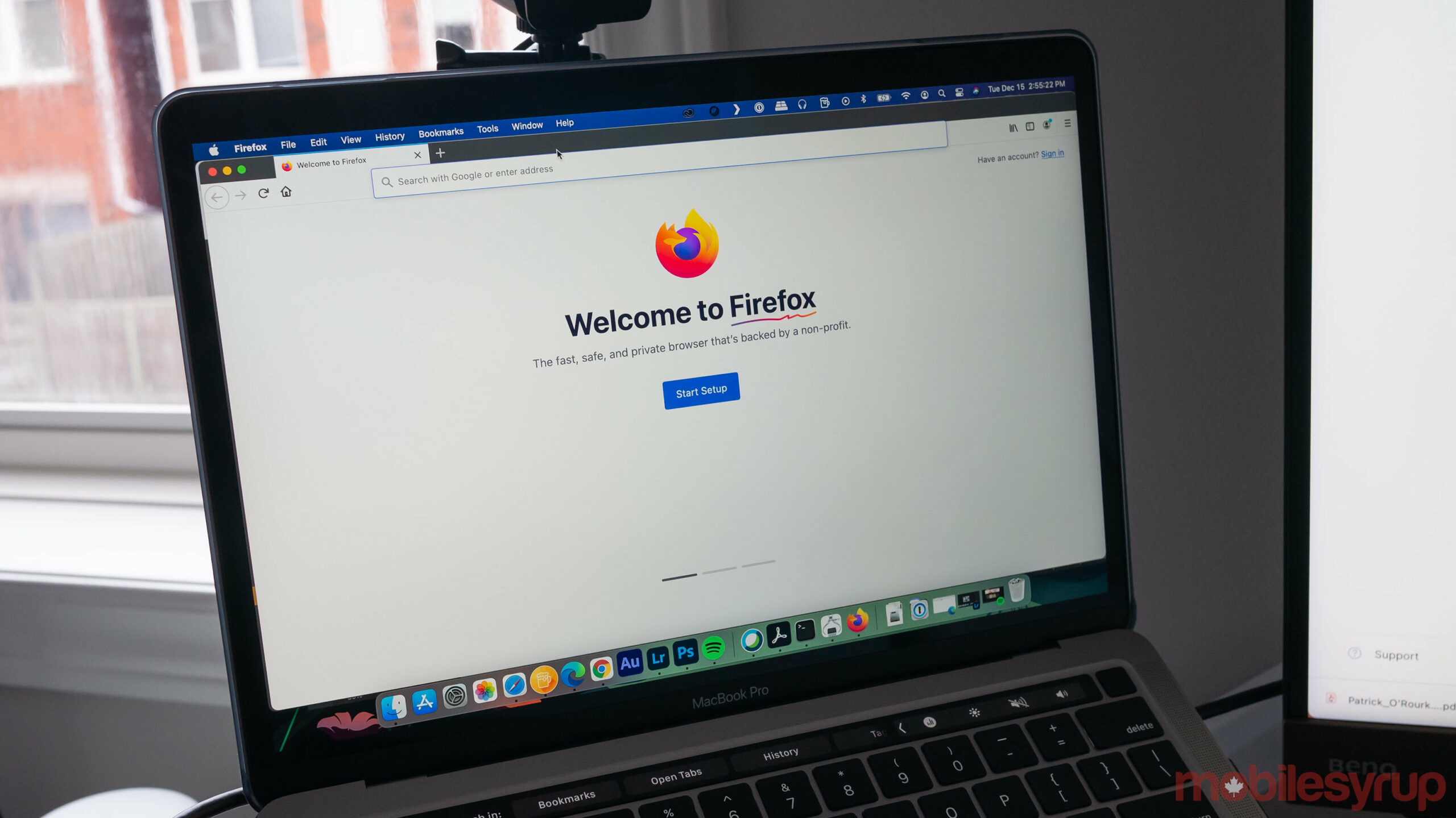


But Safari doesn’t block ads or third-party trackers. Safari automatically blocks most ad pop-ups, and offers a number of options to manage cookies. This gives any browser on Mac a security edge. One of the reasons Macs are so popular is the operating system (macOS) itself is relatively secure, with a better track record of blocking malware and viruses. Privacy and security sometimes overlap restricting third-party cookies and trackers can improve both.

Privacy, on the other hand, deals with who can see your personal data (which could mean everything from photos to browsing and search history). Things like viruses and malware would count as security risks. What’s the difference between security and privacy? Security mostly means threats to your personal data (sometimes via accounts to sites and apps, or via your Wi-Fi or mobile connection). Understanding Mac browser security and privacy Safari is the default browser on Apple devices, but what’s the most secure browser for Mac? And how does Safari compare to other Mac-compatible browsers? In this article: a quick overview of the other browser options for Mac so you can make an informed choice.


 0 kommentar(er)
0 kommentar(er)
